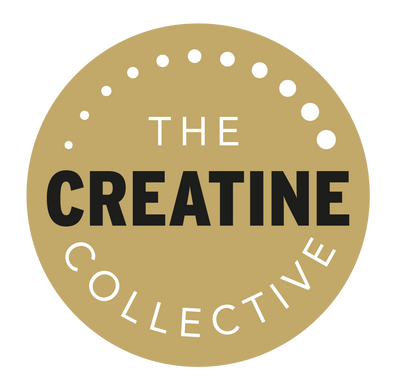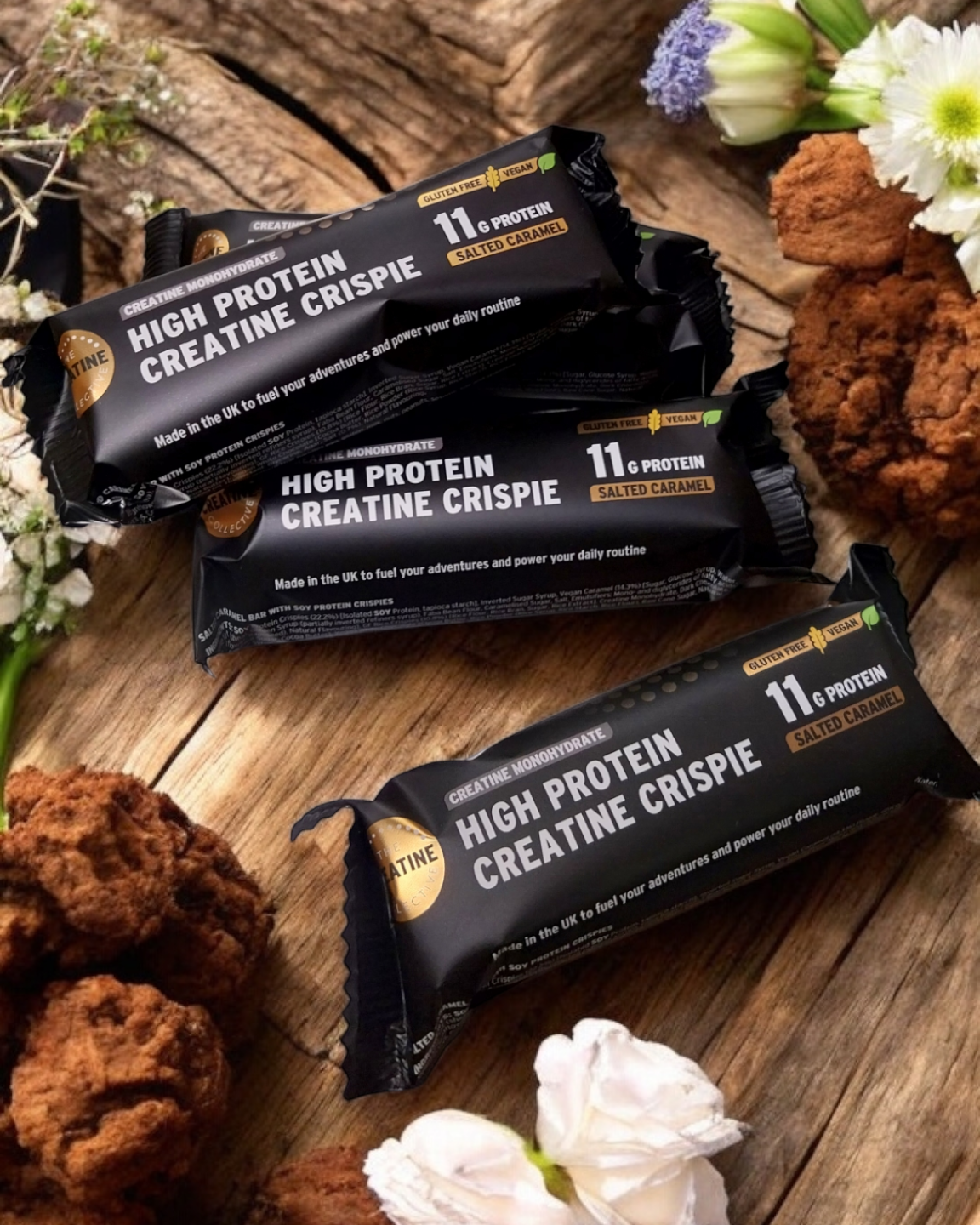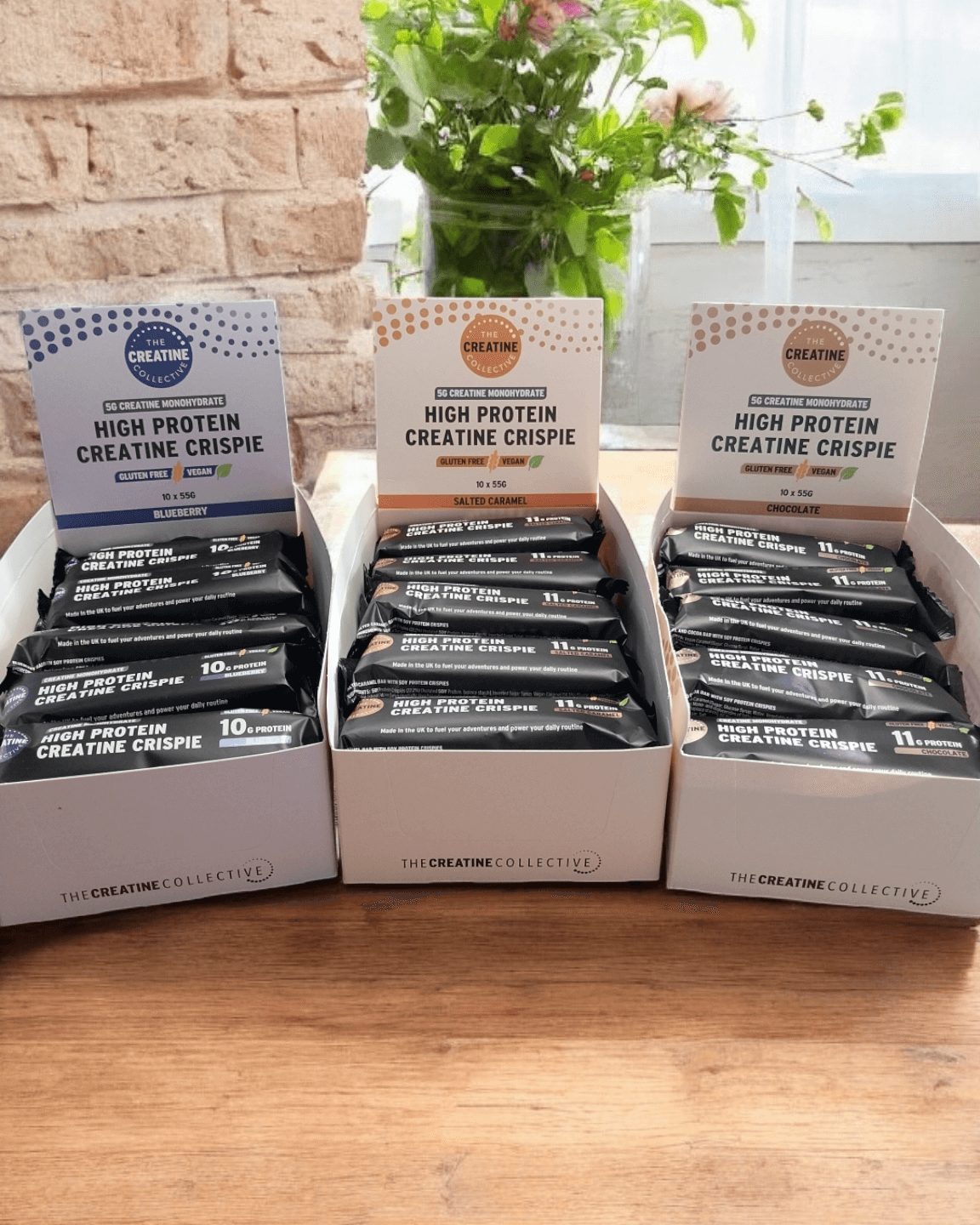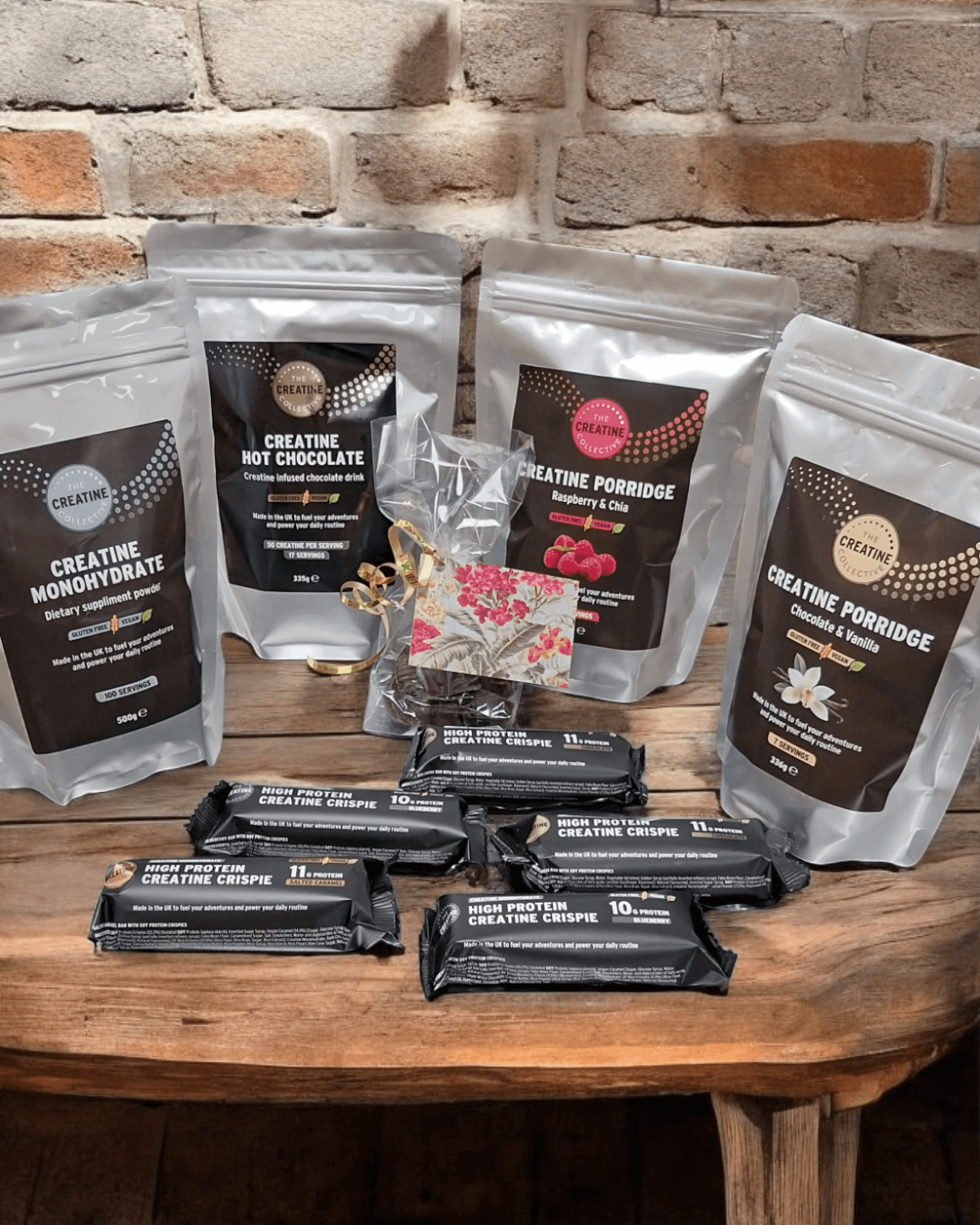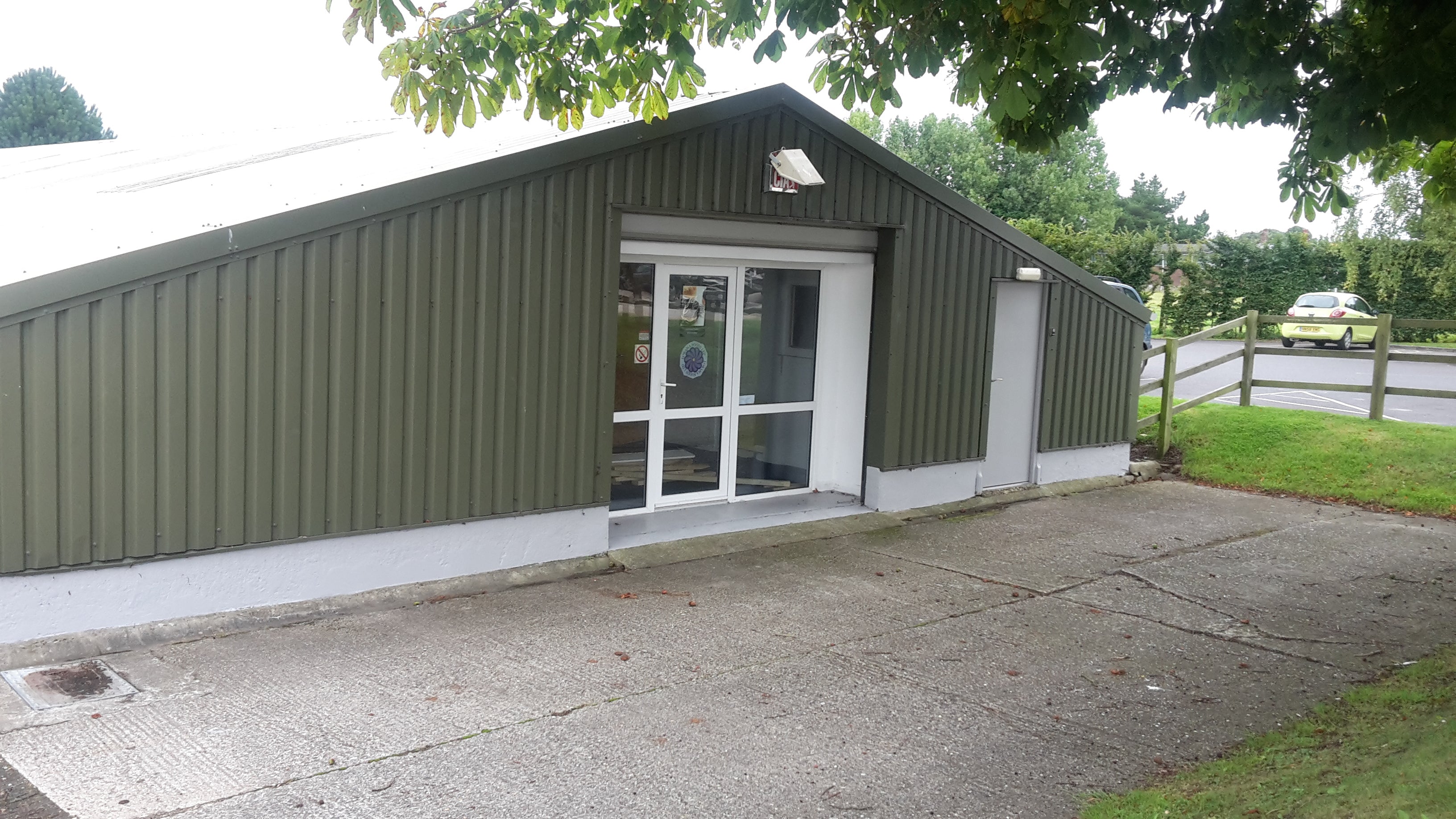
Three months ago, if you had asked me about creatine, I might’ve shrugged and said it was something for bodybuilders or young men in gyms. At 64, I considered myself reasonably healthy, but I was starting to notice changes I didn’t like. My energy was lower, I felt weaker lifting everyday items, and I even had occasional “brain fog.” I chalked it up to aging—until I stumbled across an article about creatine and older adults. It sparked my curiosity and, after a chat with my doctor, I decided to give it a try: 5 grams of creatine monohydrate a day.
I can say with certainty that those three months have been transformative.
Increased Muscle Strength and Function
The first change I noticed—about four weeks in—was that everyday movements started to feel easier. I’ve always enjoyed gardening, but lately, bending down and carrying heavy soil bags had become a chore. About a month after starting creatine, I realized I could lift and carry with noticeably less strain. I had more stamina to work longer without needing to rest as often.
This aligns with studies I later read that confirmed creatine’s effect on increasing muscle mass and strength in older adults. One study published in the Journal of Gerontology found that older individuals who took creatine along with resistance training showed significant improvements in strength and lean body mass compared to those who didn’t supplement. While I didn’t change my routine drastically—just my usual yoga and walking—I still felt stronger.
Enhanced Cognitive Clarity
Perhaps the most surprising benefit was mental clarity. As someone who loves reading and volunteering at the local library, I’m always engaging my mind. But over the past year or so, I noticed that names slipped away faster and it sometimes took more effort to concentrate. About six weeks into creatine, I started feeling sharper—less foggy in the mornings and more focused throughout the day.
This improvement wasn’t just in my head. Research from Psychopharmacology and other journals has suggested that creatine supplementation can support cognitive performance, especially under stressful conditions or in sleep-deprived states. Though I sleep well, the idea that creatine helps maintain brain energy levels made sense and seemed to reflect my experience.
Better Exercise Recovery and Energy
I’ve always stayed active, but my recovery time after brisk walks or a longer-than-usual yoga session used to be slower. I’d often feel stiff or sore the next day. Now, my body bounces back faster. I’ve even added light resistance training at home using bands and small dumbbells—a new habit I probably wouldn’t have attempted without the extra energy.
Creatine helps replenish ATP (the body’s primary energy currency), which likely explains the increase in both endurance and reduced muscle soreness. I found a study in the Journal of Strength and Conditioning Research showing that older adults taking creatine had improved training adaptations, making their workouts more effective and recovery more efficient.
Bone Health Support
While not something I can "feel" directly, I did note that some studies suggest creatine may positively affect bone health, especially when combined with resistance training. At my last check-up, my bone density was stable, which is always a relief. As someone at risk of osteoporosis, anything that might help preserve bone strength without side effects is worth it to me.
A Simple Addition with Big Impact
I mix my 5g of creatine powder into my morning smoothie—no taste, no hassle. Unlike many supplements, it doesn’t upset my stomach, and I haven’t experienced any side effects. I use a pure creatine monohydrate, as most studies confirm it's the most researched and effective form.
Why I Recommend Creatine
